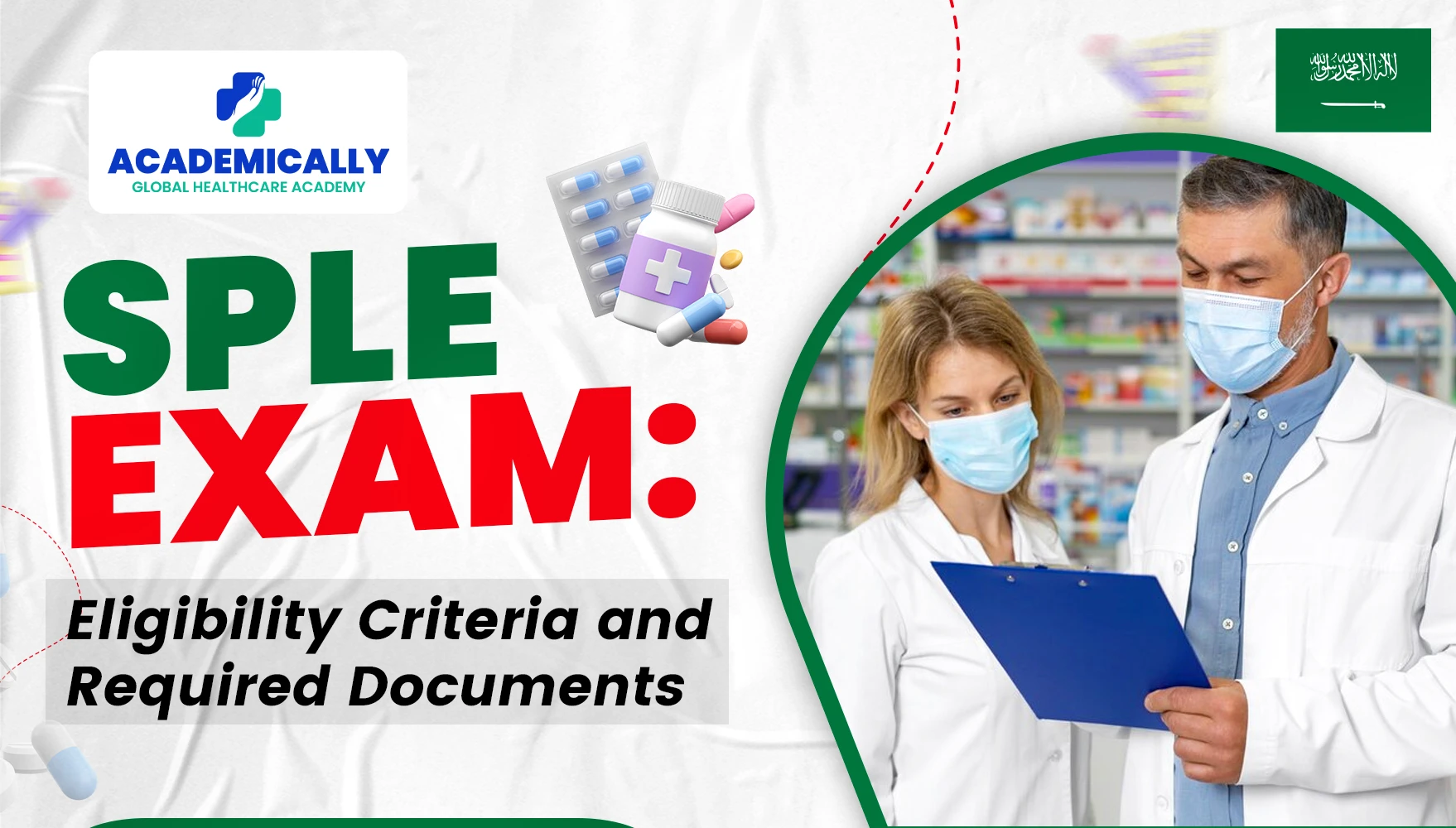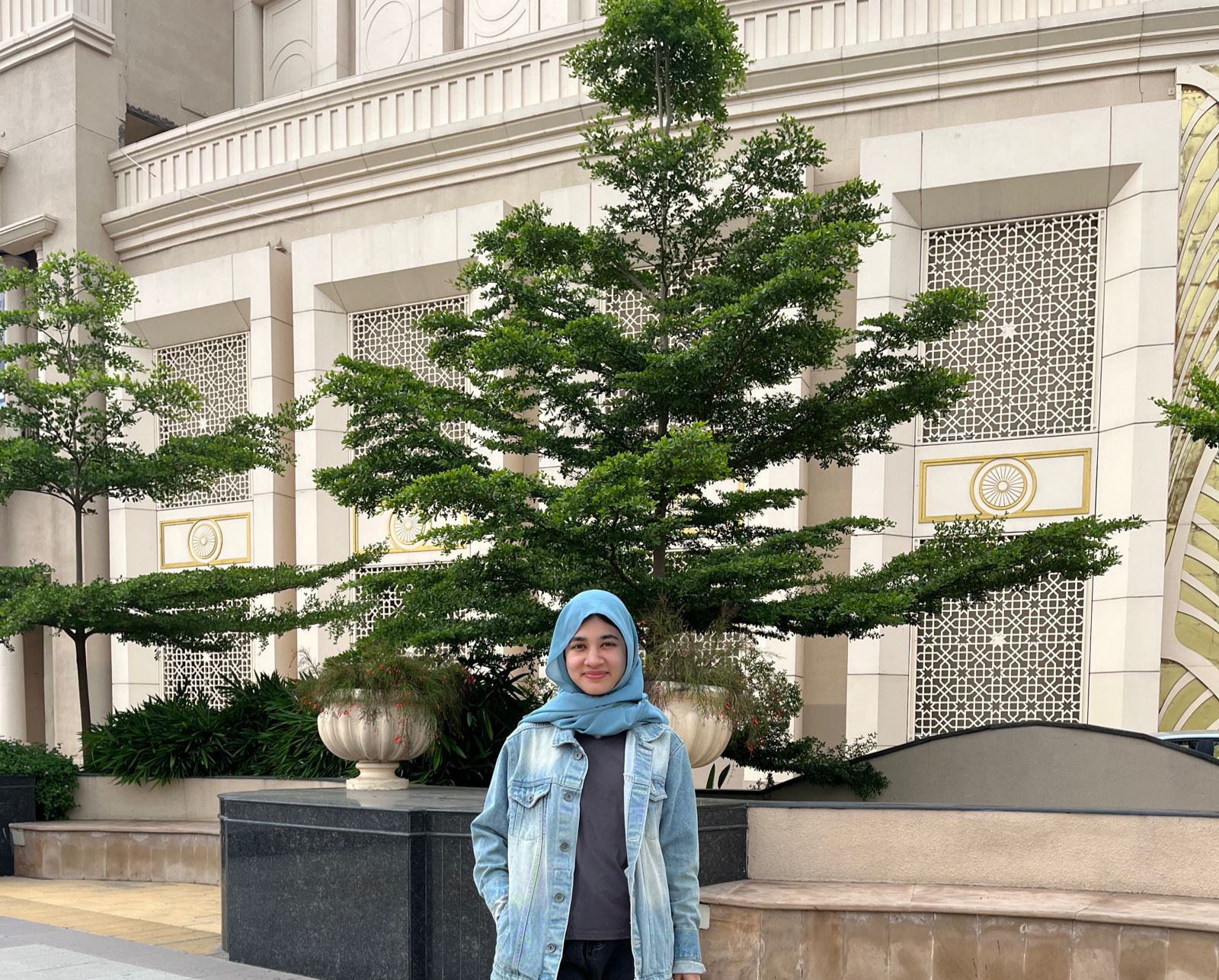SPLE Exam Eligibility Criteria
To qualify for the SPLE exam, candidates must fulfil several key criteria:
Degree Requirement
Candidates must hold a Doctor of Pharmacy (PharmD) degree. This qualification is mandatory, ensuring that you possess the necessary knowledge and skills for pharmacy practice.
Registration Requirement
You need to be a registered pharmacist in your home country or any other country, including Saudi Arabia. This registration confirms that you have met the professional and regulatory standards required for pharmacy practice.
Work Experience Requirement
A minimum of one year of work experience in a community or hospital pharmacy setting is essential. This requirement ensures that applicants have real-world exposure to pharmacy practice and patient care.
Documents Required for SPLE Exam Application
Once you meet the eligibility criteria, the next step is to gather the necessary documents. Here’s a detailed look at the paperwork you will need:
- Passport-Sized Photograph
- A recent photograph with a white background.
- Ensure that the photo meets the official size and format requirements to avoid rejection.
- Passport Copy (Front and Back Pages)
- Submit clear scans of both the front and back pages of your passport.
- Make sure your passport is valid at the time of application.
- Educational Certificates
- Secondary School Certificate (SLC): This document validates your basic educational background.
- Higher Secondary Certificate (Plus Two): Proof of completing higher secondary education, which is typically required for healthcare programs.
- Degree Certificate: A copy of your PharmD degree or equivalent qualification is mandatory.
- Pharmacy Registration Certificate (Licence)
- You must submit a pharmacy registration certificate from the regulatory body where you are currently or were previously registered.
- This confirms that you hold a valid licence to practise pharmacy in your home country or elsewhere.
- Basic Life Support (BLS) Certificate
- A BLS certificate is essential to demonstrate your ability to respond to medical emergencies.
- Ensure the certificate is from a recognised provider and is valid at the time of submission.
- Good Standing Certificate
- A Good Standing Certificate is issued by the pharmacy regulatory authority or council where you were last registered.
- This document ensures that you have no outstanding complaints or disciplinary actions against your professional licence. It is valid only for six months from the date of issuance, so plan accordingly.
- Documents for Candidates with International Experience
- If you have worked abroad, you need to provide:
- A valid licence from the foreign regulatory body.
- A Good Standing Certificate from the same regulatory body.
- These documents ensure that your foreign experience and registration are recognised by the authorities in Saudi Arabia.
- If you have worked abroad, you need to provide:
Why Meeting the SPLE Requirements is Important
Saudi Arabia’s healthcare sector is expanding rapidly, resulting in a growing demand for skilled healthcare professionals, including pharmacists. The SPLE exam plays a crucial role in ensuring that pharmacists meet the country’s standards for safe and effective practice. By fulfilling the eligibility criteria and submitting the required documents, you not only streamline your application process but also demonstrate your readiness to contribute to the healthcare system.
Also read- SPLE Comprehensive Guide for Pharmacists | Academically Global
Tips for a Successful SPLE Application
Here are some tips for submitting a successful SPLE application:
Start Early
Gathering documents, especially the Good Standing Certificate and BLS certificate, can take time. Starting the process early can help you avoid last-minute issues.
Double-Check Documents
Ensure all scans and copies are clear and meet the submission requirements. Incomplete or unclear documents can cause delays in your application.
Monitor Certificate Validity
Certificates like the Good Standing Certificate and BLS certification have limited validity. Make sure they are up-to-date when you submit your application.
Stay Updated
Regulatory requirements may change, so always check the latest SPLE guidelines on official websites to remain informed.
Conclusion
Completing the SPLE exam process can be challenging, particularly when it comes to gathering documents and meeting eligibility criteria. Fortunately, Academically is here to assist!
Book your FREE consultation and let our professionals guide you step by step through the process. Your future as a registered pharmacist in Saudi Arabia awaits!






